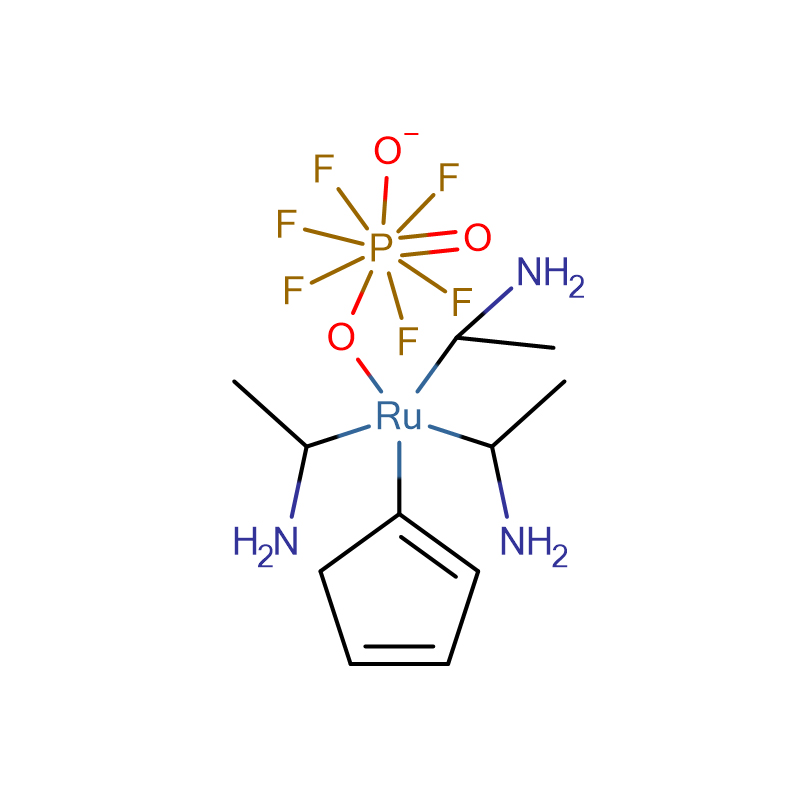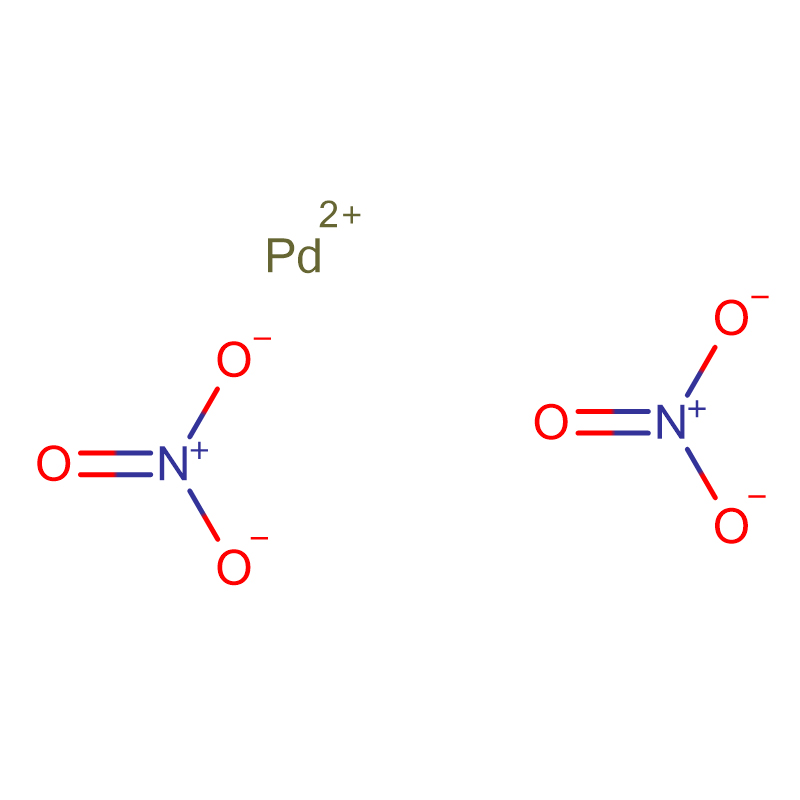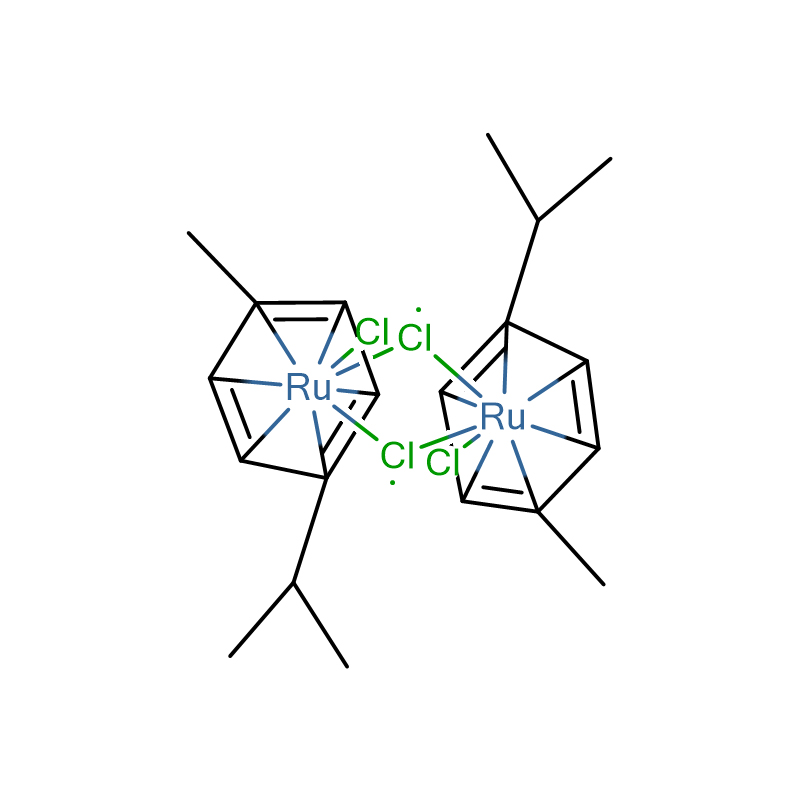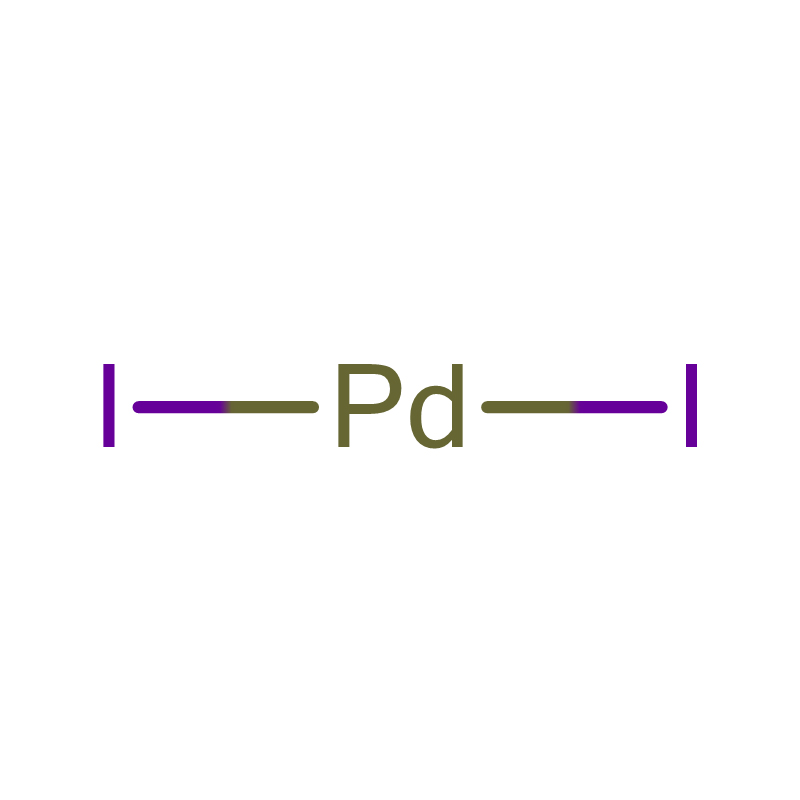Platinum on activated carbon Cas:7440-06-4
| Catalog Number | XD90696 |
| Product Name | Platinum on activated carbon |
|
CAS |
7440-06-4 |
|
Molecular Formula |
Pt |
|
Molecular Weight |
195.08 |
| Storage Details | 2-8°C |
| Harmonized Tariff Code | 28439000 |
Product Specification
| Appearance | silvery-grey meta |
| Assay | 99% |
| Density | 21.45 |
| Melting point | 1772℃ |
| Boiling point | 3827℃ |
| Refractive Index | n20/D 1.347 |
| Flash point | 3825°C |
| Vapor pressure | 0 mm Hg (approx) (NIOSH, 2016) |
To explore novel platinum-based anticancer agents that are distinct from the structure and interaction mode of the traditional cisplatin by forming the bifunctional intrastrand 1,2 GpG adduct, the monofunctional platinum+DNA adducts with extensive non-covalent interactions had been studied. It was reported that the monofunctional testosterone-based platinum(II) agents present the high anticancer activity. Moreover, it was also found that the testosterone-based platinum agents could cause the DNA helix to undergo significant unwinding and bending over the non-testosterone-based platinum agents. However, the interaction mechanisms of these platinum agents with DNA at the atomic level are not yet clear so far.In the present work, we used molecular dynamics (MD) simulations and DNA conformational dynamics calculations to study the DNA distortion properties of the testosterone-based platinum+DNA, the improved testosterone-based platinum+DNA and the non-testosterone-based platinum+DNA adducts. The results show that the intercalative interaction of the improved flexible testosterone-based platinum agent with DNA molecule could cause larger DNA conformational distortion than the groove-face interaction of the rigid testosterone-based platinum agent with DNA molecule. Further investigations for the non-testosterone-based platinum agent reveal the occurrence of insignificant change of DNA conformation due to the absence of testosterone ligand in such agent. Based on the DNA dynamics analysis, the DNA base motions relating to DNA groove parameter changes and hydrogen bond destruction of DNA base pairs were also discussed in this work.The flexible linker in the improved testosterone-based platinum agent causes an intercalative interaction with DNA in the improved testosterone-based platinum+DNA adduct, which is different from the groove-face interaction caused by a rigid linker in the testosterone-based platinum agent. The present investigations provide useful information of DNA conformation affected by a testosterone-based platinum complex at the atomic level.








